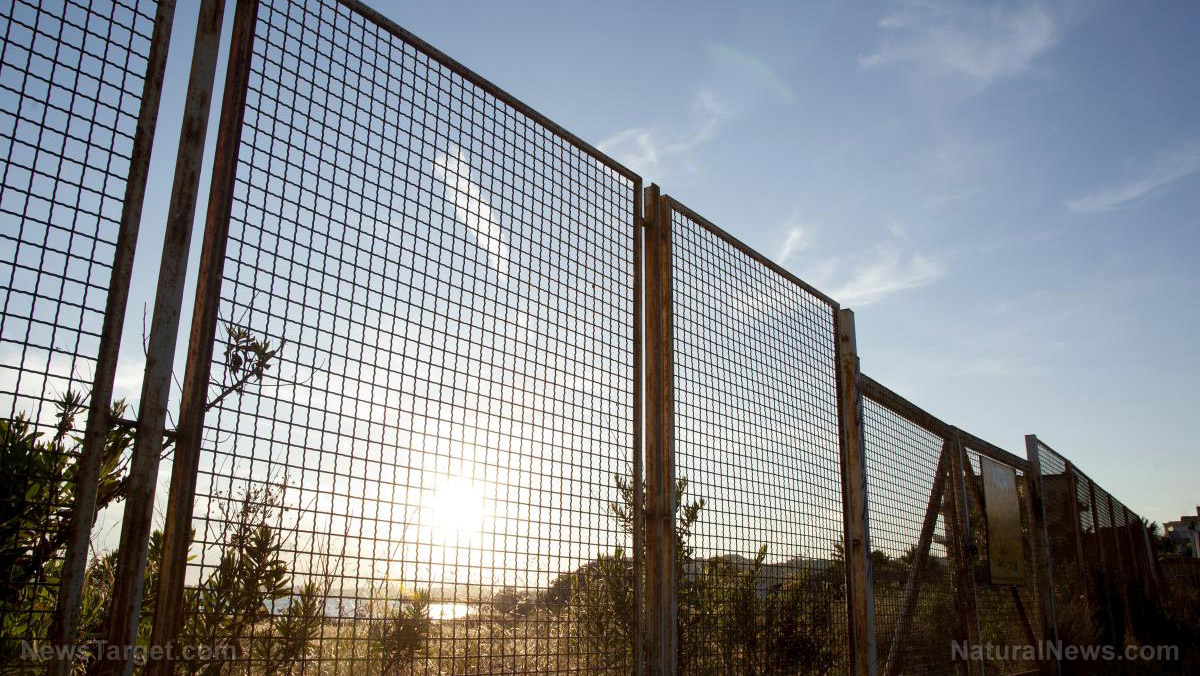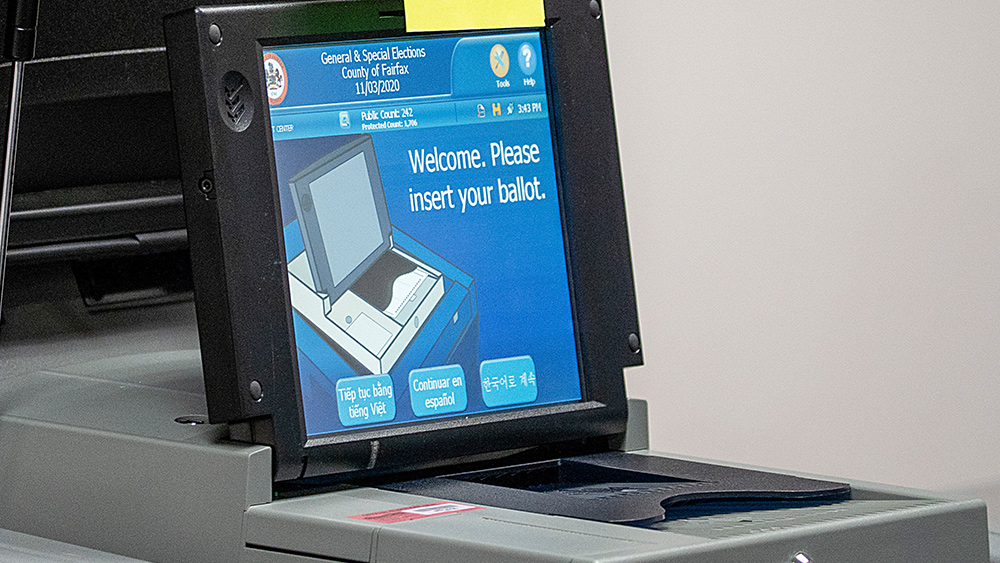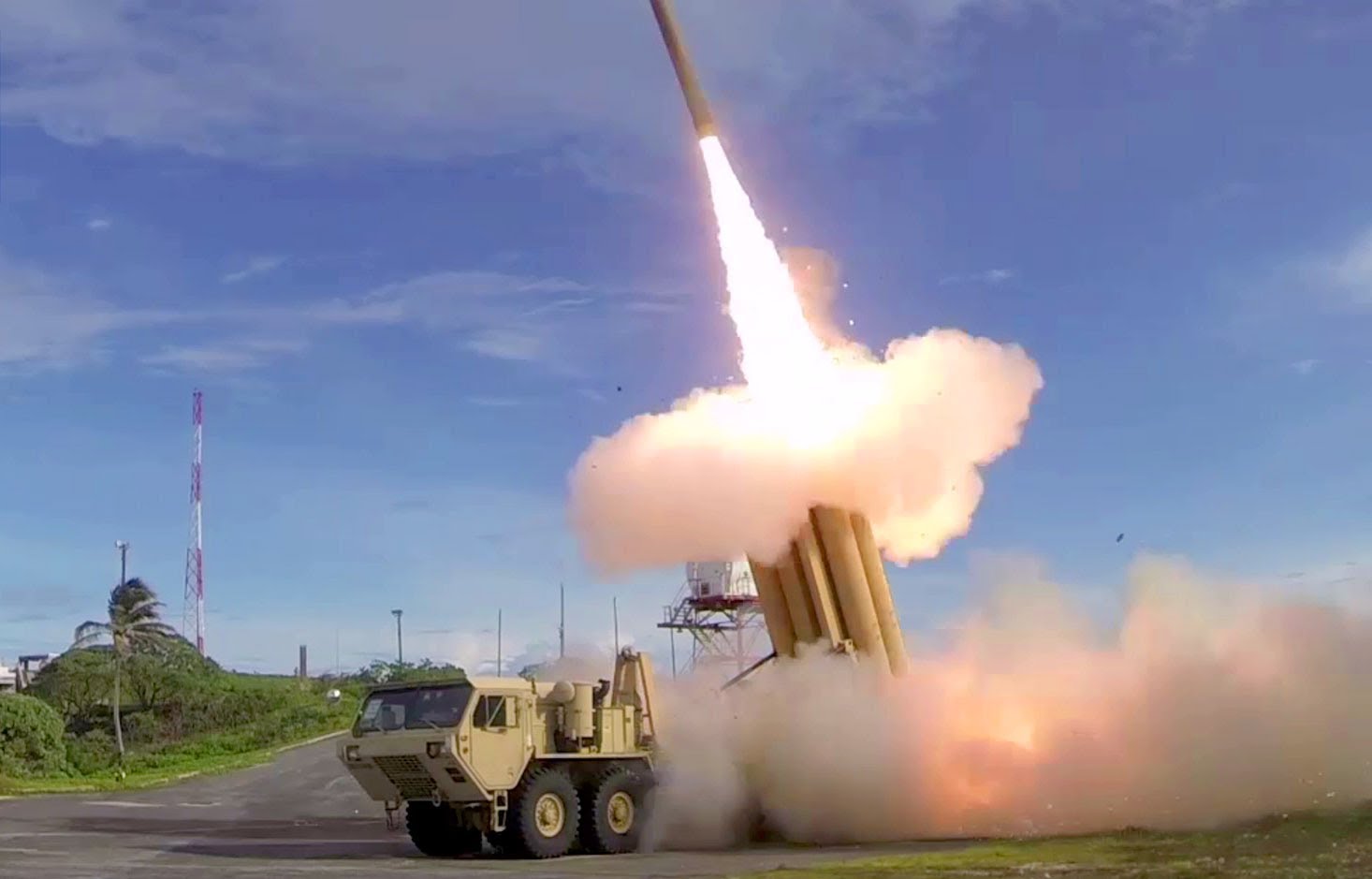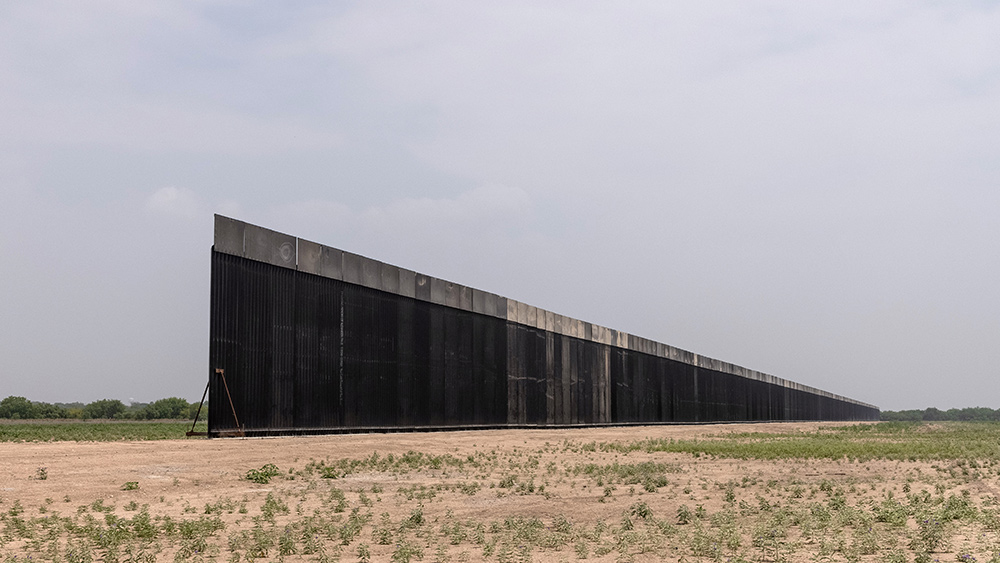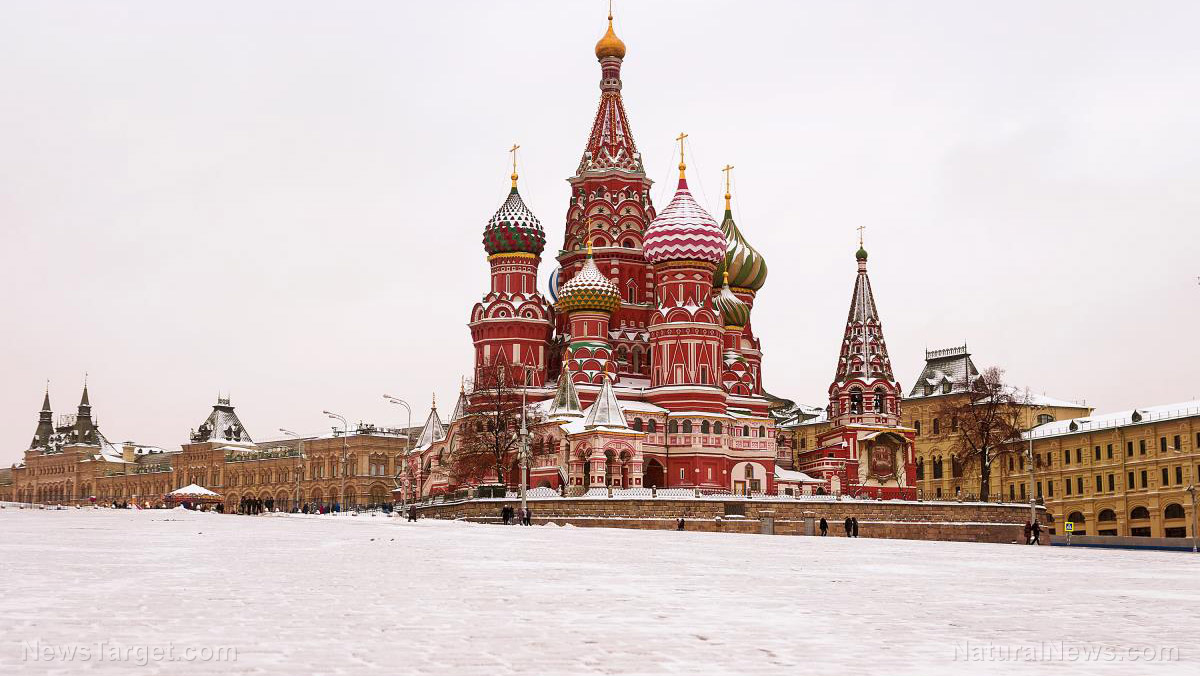Shipping workers warn of imminent global transport systems collapse
10/01/2021 / By Nolan Barton

A global transport systems collapse looms due to the lingering impacts of the Wuhan coronavirus (COVID-19) pandemic. In an open letter, a coalition of unions that represent shipping workers across the globe warns of the imminent collapse as fragmented and inconsistent pandemic restrictions around the world toss international shipping into chaos.
The shipping workers write: “We are witnessing unprecedented disruptions and global delays and shortages on essential goods including electronics, food, fuel and medical supplies.
“The impact of nearly two years’ worth of strain, placed particularly upon maritime and road transport workers, but also impacting aircrews, is now being seen.
“Their continued mistreatment is adding pressure on an already crumbling global supply chain. At the peak of the crew change crisis, 400,000 seafarers were unable to leave their ships, with some seafarers working for as long as 18 months over their initial contracts.
“Flights have been restricted and aviation workers have faced the inconsistency of border, travel, restrictions, and vaccine restrictions/requirements. Additional and systemic stopping at road borders has meant truck drivers have been forced to wait, sometimes weeks, before being able to complete their journeys and return home.”
The coalition of unions called on governments to grant freedom of movement for transport workers and prioritize them for vaccinations.
Signatories in the letter include the heads of the International Road Transport Union (IRU), the International Air Transport Association (IATA), the International Chamber of Shipping (ICS) and the International Transport Workers’ Federation (ITF).
The coalition’s warning comes as supply-chain backlogs leave many cargo ships idling outside U.S. ports. This exacerbates the delays caused by a national truck driver shortage that threatens to derail the Christmas shopping season.
Retailers have also warned of shopping chaos during the Christmas season as backlogs in supply chains have seen over 70 container ships lining up off the coast of California and another 60 off New York. (Related: West Coast ports logjammed with about container 60 ships still waiting to dock; supply lines continue to suffer disruptions.)
Traffic jams at ports a persistent problem this year
Lines off the coast of Los Angeles are expected to cause shortages across the country as the port complex processes 40 percent of the all containers arriving in the U.S. Traffic jams at these ports, which serve as the main entry point for cargo coming from China, have reached their longest since the start of the pandemic. It has been a persistent issue this year.
In March, a logjam of cargo ships outside the Port of Long Beach had caused major delays for all sectors – from construction and plumbing to retail and design.
“Anything that’s coming in from overseas, where it was usually eight weeks before, it’s about 16 weeks to 20 weeks is what they’re quoting,” Capitol Hardware President and CEO Alan Bleecker said at the time. “That applies for just about anything. I’m hearing that with appliances. I’m hearing it with lumber. I’m hearing it with drywall, steel.”
Now, shoes and apparel companies are the ones scrambling to deliver their merchandise from overseas in time for the Christmas shopping season. Nike has admitted it is having trouble doing so.
Car manufacturers in the U.S. are also affected by the traffic-jam at ports. General Motors has said it would cut production at its plants in Indiana, Missouri and Tennessee because of the dearth of microchips. Ford Motor is also reducing truck production.
“There are no people in place to move the containers and the chassis where they need to go. So you’ve got a lot of stuff piling up at the ports and at the warehouses. When that happens, the harder it is to get the stuff that is ready to move,” John Drake, VP of Supply Chain Strategy for the Chamber of Commerce, tells CBS.
The port of Long Beach is testing a 24/7 pilot program to expand the hours for cargo pickup through the night when there is less traffic in the region. FedEx has said it is rerouting more than 600,000 packages per day as it scrambles to cope with the labor shortage plaguing businesses throughout the U.S. (Related: Surge in shipping costs, bottlenecks at ports threaten global economic recovery.)
Prices soar as supplies can’t keep up with demands
The traffic jam at the ports has directly impacted the prices for artificial Christmas trees. Balsam Hill, an artificial tree company based in California, is selling its four-and-a-half-foot tall Grand Canyon Cedar Tree for $499 this year. That is $199 more than the same tree cost in 2020.
“We’ve never raised prices anywhere close to that in our history and will make way less money,” Balsam Hill CEO Mac Harman tells the Wall Street Journal.
“For the first time ever for us, the catalog was out, and we didn’t have any products to sell. Our shipments didn’t arrive on time. We’re still trying to figure out exactly where the products are. Are they still on the water or stuck in ports? If this keeps happening, we could go out of business.”
Analysts have warned that issues with supply chains and shortages could last well into 2023. The warning comes as Costco announces that it would rent three container ships to import products from Asia to the U.S. and Canada in a bid to ease supply chain woes.
Costco was forced to reinstate limits on purchases of toilet papers, paper towels and bottled waters starting Sept. 23. “We’re putting some limitations on key items like bath issues, roll towels and Kirkland Signature water,” says Costco CFO Richard Galanti.
He says supply chains are being affected by many factors, including a lack of readily available raw materials, components and ingredients in some sectors. As a result, major brands are asking for longer lead times. In some cases, there’s plenty of supply but getting them to stores is a problem because of labor shortages.
Follow Pandemic.news for more news and information related to lingering impacts of the coronavirus pandemic.
Sources include:
Submit a correction >>
Tagged Under:
bubble, chaos, Christmas, Collapse, coronavirus, covid-19 pandemic, global supply chain, grocery, international shipping, labor shortage, labor shortages, products, supply chain, travel restrictions, vaccine restrictions
This article may contain statements that reflect the opinion of the author
RECENT NEWS & ARTICLES
COPYRIGHT © 2017 NATIONAL SECURITY NEWS












